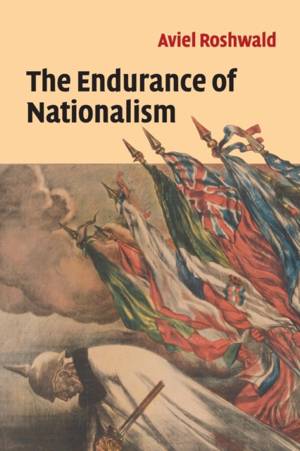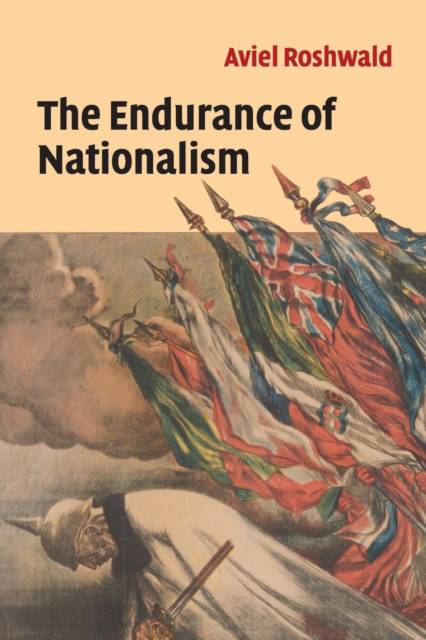
- Afhalen na 1 uur in een winkel met voorraad
- Gratis thuislevering in België vanaf € 30
- Ruim aanbod met 7 miljoen producten
- Afhalen na 1 uur in een winkel met voorraad
- Gratis thuislevering in België vanaf € 30
- Ruim aanbod met 7 miljoen producten
Zoeken
€ 61,95
+ 123 punten
Uitvoering
Omschrijving
Aviel Roshwald directly challenges prevalent scholarly orthodoxies about the exclusively modern character of nationalism. He argues that nationalism's enduring power to shape the world we live in arises directly out of its position at the heart of inescapable social and political paradoxes that are not only fundamental to the modern experience, but many of whose roots can be traced back into ancient history. Modern nationalisms, the author contends, cannot be fully understood without first examining their ancient counterparts and archetypes. Deploying a broad array of historical and contemporary case studies (ranging from ancient Jewish nationalism to the contemporary Israeli-Palestinian conflict, from the nationalist politics of ancient Greece to the contested memory of the Alamo, and from the Yugoslav wars to Northern Ireland's Orange Parades) the author argues that a responsible politics of nationalism depends upon a forthright acknowledgement of the deep-seated and intrinsically insoluble dilemmas that inhere in it.
Specificaties
Betrokkenen
- Auteur(s):
- Uitgeverij:
Inhoud
- Aantal bladzijden:
- 362
- Taal:
- Engels
Eigenschappen
- Productcode (EAN):
- 9780521603645
- Verschijningsdatum:
- 2/10/2006
- Uitvoering:
- Paperback
- Formaat:
- Trade paperback (VS)
- Afmetingen:
- 155 mm x 228 mm
- Gewicht:
- 589 g

Alleen bij Standaard Boekhandel
+ 123 punten op je klantenkaart van Standaard Boekhandel
Beoordelingen
We publiceren alleen reviews die voldoen aan de voorwaarden voor reviews. Bekijk onze voorwaarden voor reviews.











